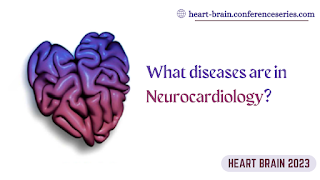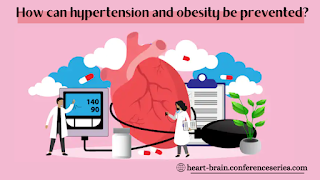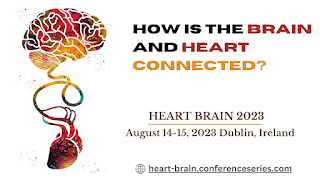What diseases are in Neurocardiology?
- The speciality that deals with the brain-heart
connection has become known as neurocardiology
- Neurocardiology refers to (patho) physiological
interplays of the nervous and cardiovascular systems
Cardiovascular diseases are traditionally
related to well known risk factors like dyslipidemia, smoking, diabetes and
hypertension. More recently, stress, anxiety and depression have been proposed
as risk factors for cardiovascular diseases including heart failure,
ischemic disease, hypertension and arrhythmias. Interestingly, this association
has been established largely on the basis of epidemiological data, due to
insufficient knowledge on the underlying pathophysiologic mechanisms. The
nervous system and cardiovascular system develop in concert and are
functionally interconnected in both health and disease. This white paper
focuses on the cellular and molecular mechanisms that underlie neural–cardiac
interactions during development, during normal physiological function in the
mature system, and during pathological remodelling in cardiovascular disease.
The cardiac
nervous system is intimately involved in a number of cardiac pathologies.
For example, as mentioned earlier, when enhancement of sensory information
derived from cardiac afferent neurons occurs, as in the presence of myocardial
ischemia (heart attack), unusually high levels of sensory input may impinge on
central neurons to influence our consciousness. This may account for the
genesis of symptoms such as a feeling of impending doom and/or the perception
of pain. Central neuronal behavior alterations induced as a consequence of such
increased sensory input may result in the modification of cardiac efferent
neuronal function



Comments
Post a Comment